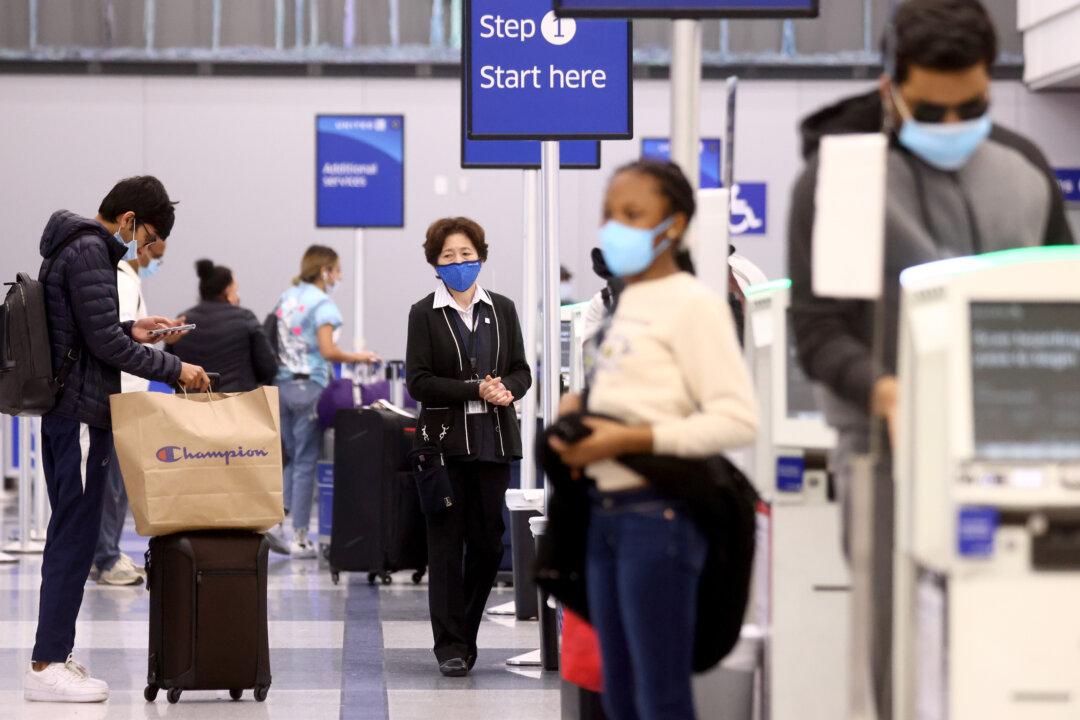United Airlines said Monday it has made it easier for families to sit together with their children without additional fees even if they are traveling on basic economy tickets.
The airline’s new seat mapping software will offer free seat assignment for children under 12 to sit next to an adult in their family, including for Basic Economy tickets.





